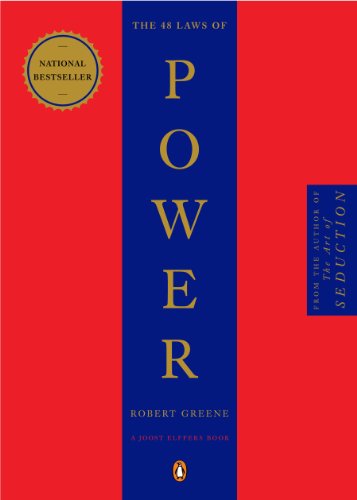

This article is an excerpt from the Shortform summary of "The 48 Laws of Power" by Robert Greene. Shortform has the world's best summaries of books you should be reading.
Like this article? Sign up for a free trial here .
Can honesty be manipulative? How can you use honesty to manipulate others?
One of the most effective manipulation techniques is to surprise your target with honesty or generosity. This approach disarms people by allaying suspicions and bringing out their inner child—they respond with eager, childlike gratitude. You, too, can use honesty and generosity to disarm and distract others from your schemes.
Here’s how honesty can be used as a manipulation tool.
How to Manipulate With Honesty
Victor Lustig is a good real-world example of how to use honesty as a manipulation technique. Victor Lustig was a stylish swindler who successfully scammed people throughout Europe and the United States in the early 1900s. Although he ended his life in prison, Victor Lustig was a powerful force at his peak.
Victor Lustig’s Honesty-as-Distraction Technique
Deception and distraction go hand in hand. Distracting people gives you time to set up your trap or scheme to deceive them without it being noticed.
Victor Lustig ingratiated himself with gangster Al Capone by appearing to be honest. Capone, who was accustomed to dealing with dishonest people, was caught off guard by Lustig’s unexpected honesty, which softened Capone up for Lustig’s real swindle.
The Chinese called this tactic “giving before you take” — the gift distracts your victim while you do the taking. The gift can be anything including a physical gift, an act of kindness, a favor, or a seemingly honest admission.
It can be used to create an immediate distraction from what you’re doing or to soften someone up for future actions or requests.
For your first meeting with someone, start with selective honesty. If someone believes you’re honest from the outset, it takes a lot to dislodge that belief, which gives you to time get your plans in place. You can turn this into a reputation for honesty with a series of small acts.
Victor Lustig Swindles Al Capone
Not many people would have tried to swindle Al Capone. But the notorious con man Victor Lustig succeeded because he understood human nature, and knew that even a gangster has human emotions.
Since Capone operated in an environment of distrust and scheming, Victor Lustig made a show of committing a seemingly honest act, in order to distract him.
He requested $50,000 from Capone, promising to double it in sixty days. Victor Lustig put the money in a safe-deposit box and did nothing with it. He later returned the original amount in full, with profuse apologies to Capone for failing to increase it. Capone was impressed with Victor Lustig’s honesty in returning the money and immediately gave $5,000 back to him as a reward (which is what Lustig wanted in the first place).
Al Capone, like everyone else, was susceptible to an unexpected act of goodwill. While trying to con an Al Capone might not be advisable for the inexperienced, the incident shows the power of selective honesty as a means to an end.
———End of Preview———

Like what you just read? Read the rest of the world's best summary of "The 48 Laws of Power" at Shortform . Learn the book's critical concepts in 20 minutes or less .
Here's what you'll find in our full The 48 Laws of Power summary :
- Why you should never outshine your boss
- How to appear like a friend but behave like a spy
- The 6 rules you absolutely must not violate, if you want to be successful






